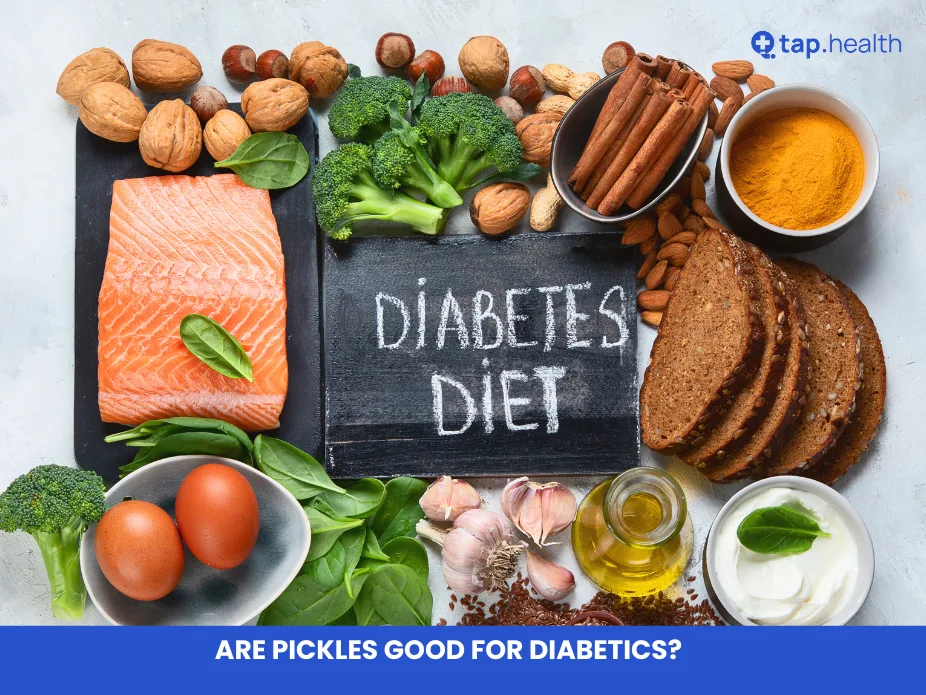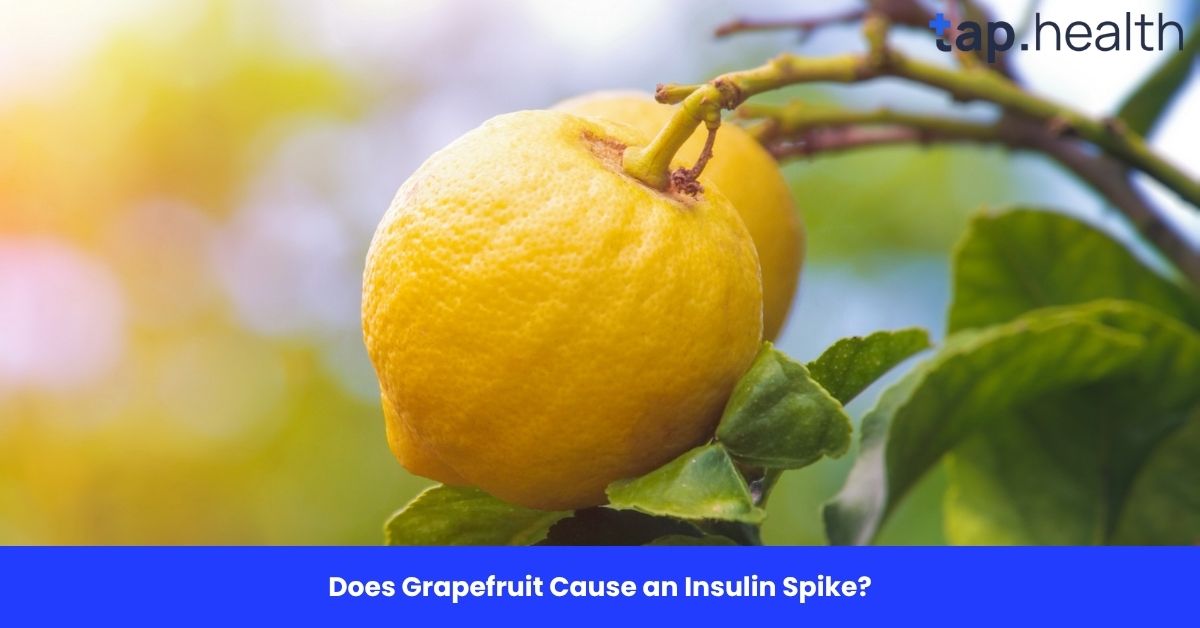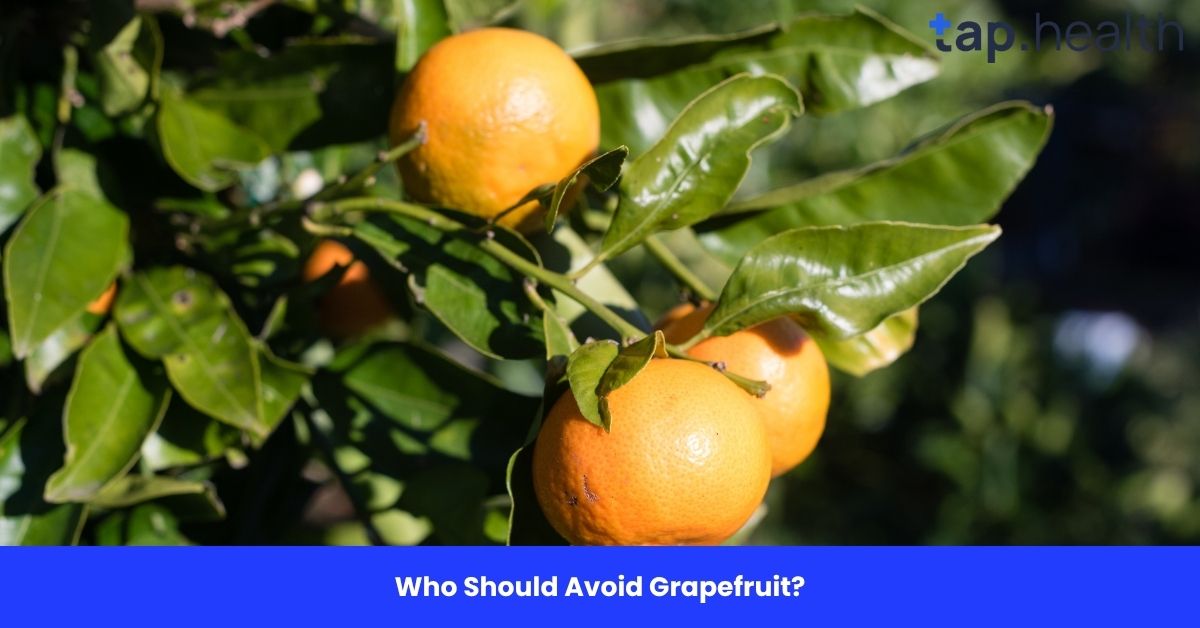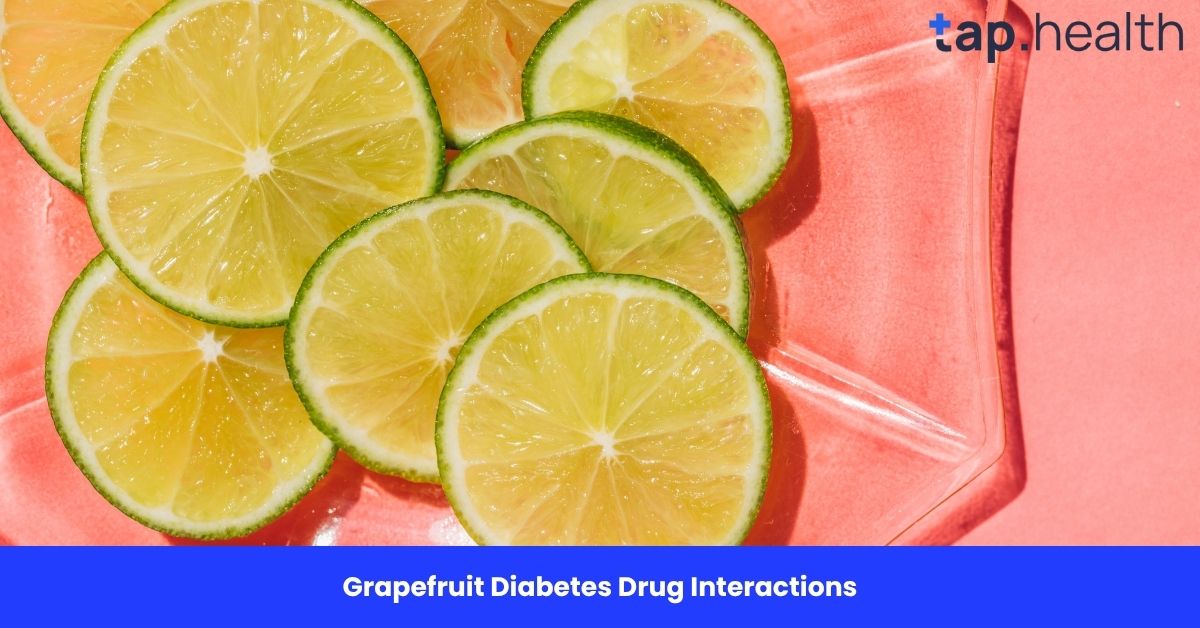Managing diabetes effectively requires careful dietary choices to maintain stable blood sugar levels and promote overall health. Pickles, a popular low-calorie condiment, often come into question regarding their suitability for individuals with diabetes. This comprehensive guide explores the benefits and potential drawbacks of including pickles in a diabetic diet, supported by expert insights, real-life scenarios, and research-backed recommendations.
Understanding Pickles and Diabetes
Pickles are cucumbers preserved in a brine solution, typically consisting of water, vinegar, salt, and various spices. The pickling process can vary, resulting in different flavors and textures. While cucumbers are naturally low in calories and carbohydrates, the preservation method influences their nutritional profile, making them a topic of interest for those managing diabetes.
What is Diabetes?
Diabetes is a chronic condition characterized by high levels of glucose in the blood. It occurs either when the body does not produce enough insulin (Type 1 Diabetes) or when the body cannot effectively use the insulin it produces (Type 2 Diabetes). Managing diabetes involves regulating blood sugar levels through diet, exercise, medication, and regular monitoring.
The Role of Diet in Diabetes Management
A balanced diet is crucial for maintaining healthy glucose levels, managing weight, and reducing the risk of complications associated with diabetes. Foods that are low in simple sugars, high in fiber, and rich in nutrients are generally recommended. However, it’s essential to consider not just the macronutrient content but also other factors like sodium and preservatives, especially in processed foods like pickles.
Benefits of Pickles for Diabetics
Pickles can offer several benefits for individuals with diabetes when chosen and consumed wisely. Here are some of the key advantages:
Low in Calories and Carbohydrates
One of the primary benefits of pickles is their low calorie and carbohydrate content. A standard serving of pickles (about one medium-sized pickle) contains approximately 5-10 calories and less than 1 gram of carbohydrates. This makes them an excellent snack option for diabetics looking to manage their weight and blood sugar levels without adding unnecessary calories.
Probiotic Properties
Fermented pickles, such as those made through natural fermentation without vinegar, can be a source of probiotics. Probiotics are beneficial bacteria that support gut health, which is increasingly recognized as an important factor in managing diabetes. A healthy gut microbiome can improve insulin sensitivity and reduce inflammation, contributing to better blood sugar control.
Antioxidant Content
Pickles can contain antioxidants from the spices and herbs used in the pickling process, such as dill, garlic, and turmeric. Antioxidants help combat oxidative stress, which is linked to diabetes complications like neuropathy and cardiovascular disease. Incorporating antioxidant-rich foods can support overall health and mitigate the adverse effects of prolonged high blood sugar levels.
Hydration and Electrolyte Balance
Pickles, being high in water content, can aid in hydration. Additionally, the sodium and potassium present in pickles help maintain electrolyte balance, which is vital for nerve and muscle function. Proper hydration is essential for diabetics, as dehydration can affect blood sugar levels and overall health.
Potential Drawbacks of Pickles for Diabetics
While pickles offer several benefits, there are also potential drawbacks that individuals with diabetes should consider before incorporating them into their diet.
High Sodium Content
One of the most significant concerns with pickles is their high sodium content. A single medium-sized pickle can contain anywhere from 300 to 900 milligrams of sodium, depending on the brand and preparation method. Excessive sodium intake can lead to high blood pressure, a common comorbidity in individuals with diabetes, increasing the risk of heart disease and stroke. Managing sodium intake is crucial for maintaining cardiovascular health, especially for those with diabetes.
Added Sugars
While traditional pickles are low in carbohydrates, some commercially available varieties may contain added sugars to enhance flavor. These added sugars can contribute to an increase in blood glucose levels, counteracting diabetes management efforts. It’s essential to read labels carefully and choose pickles without added sugars or opt for those sweetened with natural sugar substitutes.
Potential for Preservatives and Artificial Ingredients
Commercially processed pickles may contain preservatives and artificial ingredients that are not ideal for overall health. These additives can sometimes lead to digestive issues or other health concerns over time. Opting for natural or homemade pickles can help mitigate this risk, ensuring that you consume fewer artificial additives.
Risk of Overconsumption
Due to their tangy and flavorful nature, pickles can be tempting to consume in large quantities. Overconsumption can lead to excessive intake of sodium and other additives, negating the potential benefits. Moderation is key to enjoying pickles without compromising health goals.
Choosing the Right Pickles
Selecting the right type of pickles is essential for maximizing benefits and minimizing risks. Here are some tips for choosing diabetic-friendly pickles:
Opt for Low-Sodium Varieties
To mitigate the high sodium content, look for low-sodium or “no salt added” pickle options. These varieties use less salt in the preservation process, making them a better choice for individuals managing their blood pressure and overall sodium intake. Additionally, rinsing pickles before consumption can help reduce sodium levels.
Choose Naturally Fermented Pickles
Natural fermentation without the use of vinegar results in pickles rich in probiotics. These can offer additional health benefits, such as improved gut health and enhanced immune function. Look for labels that specify “naturally fermented” or “contains live cultures” to ensure you’re getting probiotic-rich pickles.
Read Labels Carefully
Always check the nutritional information on pickle jars. Avoid varieties with added sugars, artificial preservatives, or high levels of sodium. Opting for products with simple, natural ingredients ensures a healthier choice. Ingredients like vinegar, water, cucumbers, and natural spices are preferable.
Consider Homemade Pickles
Making pickles at home allows you to control the ingredients and adjust the sodium levels to your preference. Homemade pickles can be tailored to suit individual dietary needs, ensuring that they align with your diabetes management plan.
Real-Life Scenarios
Understanding how pickles fit into real-life dietary habits can provide practical insights into their suitability for diabetics. Here are two scenarios illustrating different approaches to incorporating pickles into a diabetic diet.
Scenario 1: Sarah’s Balanced Approach
Sarah, a 45-year-old with Type 2 diabetes, enjoys pickles as part of her daily meals. However, she is mindful of her sodium intake. She opts for low-sodium, naturally fermented pickles and limits her consumption to one medium-sized pickle per day. By doing so, she enjoys the flavor and probiotic benefits without exceeding her recommended sodium intake. Additionally, she pairs pickles with protein-rich foods like grilled chicken and vegetables, ensuring a balanced and nutritious meal.
Scenario 2: Mark’s Home-Cooking Strategy
Mark, a 60-year-old with diabetes, prefers homemade pickles to control the ingredients and sodium levels. He follows a simple recipe using cucumbers, apple cider vinegar, fresh dill, garlic, and a sugar substitute like stevia. By making pickles at home, Mark ensures that his pickles are free from added sugars and artificial preservatives. He includes his homemade pickles as a snack alongside a handful of nuts, maintaining a balanced intake that supports his blood sugar management.
Expert Contributions
Many diabetics find that dill pickles, which are low in sugar, can be a suitable snack when consumed in moderation. However, the high sodium content is a common concern, and individuals often seek low-sodium options or make pickles at home to control the ingredients
. Some diabetics report using pickle juice to help manage blood sugar levels due to its vinegar content. However, they also note the need to balance this with the potential for increased thirst and sodium intake
. The key takeaway from these real-life experiences is the importance of moderation and individual response. While some diabetics enjoy the flavor and potential health benefits of pickles, they are cautious about the sodium content and its impact on blood pressure and overall health.
Recommendations Grounded in Proven Research and Facts
Making informed dietary choices is essential for effective diabetes management. Here are research-backed recommendations for including pickles in a diabetic diet:
Choose Low-Sodium and Naturally Fermented Pickles
Research from the American Heart Association highlights the dangers of excessive sodium intake, linking it to high blood pressure and increased cardiovascular risk. Selecting low-sodium and naturally fermented pickles can help mitigate these risks while providing the benefits of probiotics and antioxidants.
Incorporate Pickles in Moderation
The American Diabetes Association recommends moderation in consuming high-sodium foods. Including pickles as part of a balanced diet ensures that you enjoy their benefits without exceeding your daily sodium limits. Pairing pickles with protein and fiber-rich foods can enhance satiety and blood sugar control.
Opt for Homemade Pickles
Studies published in the Journal of Nutrition suggest that homemade pickles offer better control over ingredients, allowing for the reduction of sodium and avoidance of added sugars. Homemade pickles can be customized to suit individual health needs, making them a preferable option for diabetics.
Monitor Portion Sizes
Controlling portion sizes is crucial in managing sodium intake. The Centers for Disease Control and Prevention (CDC) recommends keeping sodium intake below 2,300 milligrams per day, with an ideal limit of 1,500 milligrams for most adults. Being mindful of how many pickles you consume can help stay within these guidelines.
Balance Pickles with Other Nutrient-Dense Foods
Incorporating pickles alongside other nutrient-dense foods like vegetables, lean proteins, and whole grains can create balanced meals that support blood sugar management and overall health. This approach aligns with the Dietary Guidelines for Americans, which emphasize a varied and balanced diet for optimal health outcomes.
Factual and Reliable Information
Understanding the facts behind pickles and their impact on diabetes is crucial for making informed dietary choices. Here are some key points supported by reputable sources:
- Sodium and Health: High sodium intake is linked to hypertension, increasing the risk of heart disease and stroke (American Heart Association).
- Probiotics and Gut Health: Probiotics support a healthy gut microbiome, which can improve insulin sensitivity and reduce inflammation (Harvard T.H. Chan School of Public Health).
- Antioxidants and Diabetes: Antioxidants help combat oxidative stress, which is associated with diabetes complications (Mayo Clinic).
- Low-Calorie Snacks: Low-calorie snacks like pickles can aid in weight management, which is beneficial for blood sugar control (Centers for Disease Control and Prevention).
Frequently Asked Questions on Are Pickles Good for Diabetics?
1. Can diabetics eat pickles?
Yes, diabetics can include pickles in their diet. Pickles are low in calories and carbohydrates, making them suitable for blood sugar management. However, it is essential to choose varieties that are low in sodium and free from added sugars.
2. How does the sodium in pickles affect diabetes?
High sodium intake can lead to elevated blood pressure, which is a common complication in individuals with diabetes. Managing sodium intake is crucial for reducing the risk of heart disease and stroke. Opting for low-sodium pickles and limiting portion sizes can help mitigate these risks.
3. Are fermented pickles better for diabetics?
Fermented pickles are generally better for diabetics because they contain probiotics, which support gut health and may improve insulin sensitivity. Additionally, naturally fermented pickles often have lower sodium levels compared to commercially processed varieties.
4. Can pickles cause blood sugar spikes?
Traditional pickles are low in carbohydrates and do not cause significant blood sugar spikes. However, pickles with added sugars or sweeteners can increase carbohydrate content and potentially affect blood sugar levels. Always check labels for added sugars when selecting pickles.
5. How can diabetics include pickles in their diet without overconsuming sodium?
Diabetics can include pickles in their diet by choosing low-sodium varieties, monitoring portion sizes, and balancing pickles with other low-sodium and nutrient-dense foods. Additionally, rinsing pickles before consumption can help reduce sodium levels.
6. Are there any specific types of pickles recommended for diabetics?
Low-sodium, naturally fermented pickles without added sugars are recommended for diabetics. Varieties like dill pickles, garlic pickles, and sour pickles that are minimally processed are good options. Homemade pickles allow for better control over ingredients and sodium levels.
7. Can homemade pickles be a better option for managing diabetes?
Yes, homemade pickles can be a better option as they allow individuals to control the amount of salt and avoid added sugars and artificial preservatives. Homemade pickles can be tailored to meet specific dietary needs and preferences, making them suitable for diabetes management.
8. Do pickles have any other health benefits for diabetics?
Apart from being low in calories and carbohydrates, pickles can provide antioxidants from herbs and spices used in the pickling process. Additionally, fermented pickles offer probiotics, which support gut health and may improve overall metabolic health.
Conclusion
Pickles can be a suitable addition to a diabetic diet when chosen and consumed thoughtfully. Their low calorie and carbohydrate content make them an attractive option for those managing blood sugar levels. However, the high sodium content and potential for added sugars in some varieties necessitate careful selection. Opting for low-sodium, naturally fermented, and homemade pickles can help mitigate these concerns, allowing diabetics to enjoy pickles without compromising their health goals.
Incorporating pickles into a balanced diet, monitoring portion sizes, and selecting the right types of pickles are key strategies for maximizing benefits and minimizing risks. As always, it is essential to consult with a healthcare provider or a registered dietitian before making significant changes to your diet, especially when managing a condition like diabetes.
References
- Harvard T.H. Chan School of Public Health: Probiotics
- Mayo Clinic: Diabetes Diet
- Centers for Disease Control and Prevention: Diabetes Diet



